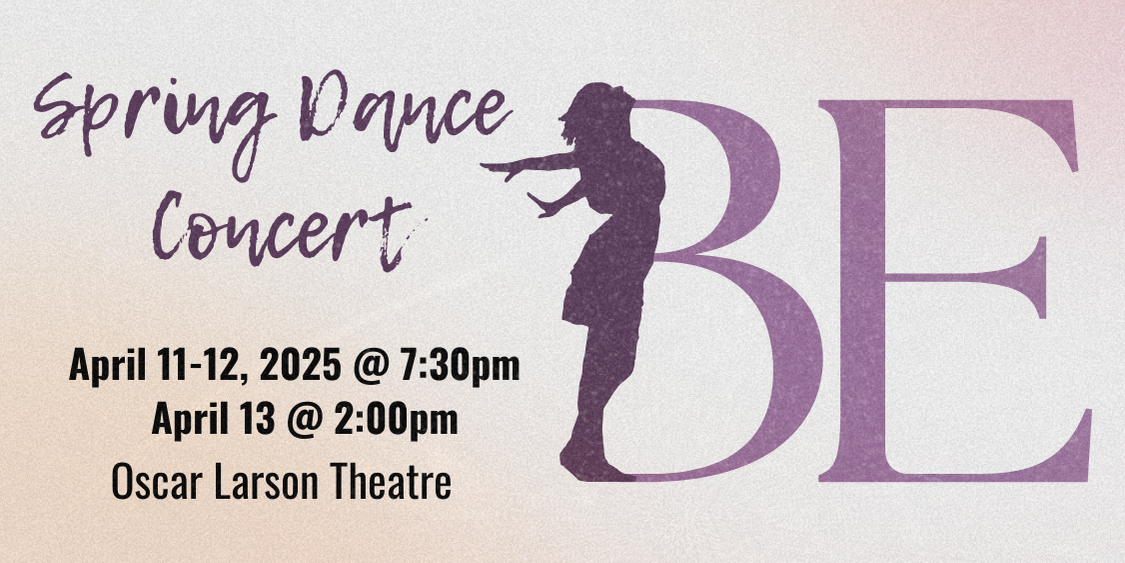Graduate students from the South Dakota State University School of Communication and Journalism (COJO) will host a documentary triple-feature on Monday, April 14th at the South Dakota Art Museum. This presentation of short documentaries will run from 6-8 p.m. and highlight stories rooted in Midwestern culture and history.
These films have been carefully crafted by SDSU graduate students to fit the theme of “Stories from the Fields and Main Streets of the Midwest.” The filmmakers look to be informative and culturally inspirational in their documentaries.
Finn Kane, creator of “Galena: The Ghost Town That Came Back to Life,” explores the history and ambiance of Galena, an unincorporated community in The Black Hills. The film is categorized into three key components: history, real-life stories and preservation.
“I think there is something really special about ghost towns. They capture the reality of history and how quickly and easily it’s forgotten about. Being able to tell that story is really important,” Kane said.
The film includes interviews from the family of key figures in the ghost town and current residents who celebrate its interesting history. These perspectives will share the real-life impact of the town’s recognition.
Upon reflecting on his main message and atmosphere for the documentary, Kane said, “I want to capture the idea of place through the people who live in the place and how they’re constructing it through the stories.”
Through the documentary’s original music and intricate shots, Kane “wants more historical preservation [in ghost towns] and the history surrounding it” and looks to prove that Galena’s history and story are worth preserving.
Residents of Galena look forward to the town’s recognition. If the opportunity presents itself, Kane would be interested in a follow-up sequel, even if it were ten years from now to see the lasting impact that the preservation truly has.
The filmmaker will be returning to the ghost town after the cinema event to show the residents and associated families his work and tribute to Galena.
What may be underneath the soil can tell its own story. Ariana Schumacher, creator of Regenerate: Preserving South Dakota’s Soil Health, looks into Midwest agriculture and all it has to offer. This film will showcase farmers across South Dakota, the evolution of no-till crop farming and regenerative agriculture.
Schumacher’s passion for agriculture was rooted in her family farm and expanded during her time at Dakota Lakes Research Farm where no-till increased in awareness. She can recall her grandfather’s experience through the Dust Bowl and the plowing circumstances during that time. This inspired her desire to dig deeper into the soil’s rich history and how it can be preserved and protected.
To truly connect the audience with the documentary, Schumacher states, “I decided I wanted to use a lot of that natural sound to make it feel like you were almost on the prairie with the farmers.”
A crop farmer, a rancher, and a researcher who helped develop no-till in South Dakota can all be highlighted in the documentary by “showcasing how hard farmers work to keep your food sustainably grown, all of the learning they do and how their learning changes throughout their operations. They are always working to improve how they’re growing their food,” she said.
Schumacher is currently a reporter for Ag Week TV and is looking to potentially create similar documentaries that correlate to her profession.
Like Schumacher, women in film are an inspiration, no matter how the film is categorized.
Stefanie Fauth, creator of “Women in Film in Minnesota, looks into the perspectives of four women in the film industry with different motives, whether professionally, as a hobby or for advocacy.
These intriguing women from the Twin Cities, in Minnesota dive into their personal experiences when experimenting and progressing in the world of film. These sit-down interviews offer authenticity and true emotion that can be seen in the filmmaking process. Differences in perspectives will be explored via gender differences, occupation and more.
“The differences in how men and women see storytelling and one’s not better, one’s not worse, but the way you see the world shapes the way you tell stories and it is nice to have different people telling different stories,” Fauth said.
Viewers can expect inspiration and authenticity that is associated with women’s lives in the film industry. Fauth advises to, “let go of perfection. Do it messy; do it wrong. Be willing to be imperfect because if you’re not doing it because you’re too scared or because you can’t make it exactly what you need, it’s not going to move you forward.”
The documentaries offer a diverse set of narratives that reflect life, history and culture in the Midwest. The graduates look forward to sharing their creatively unique films at the COJO Cinema Event.



















